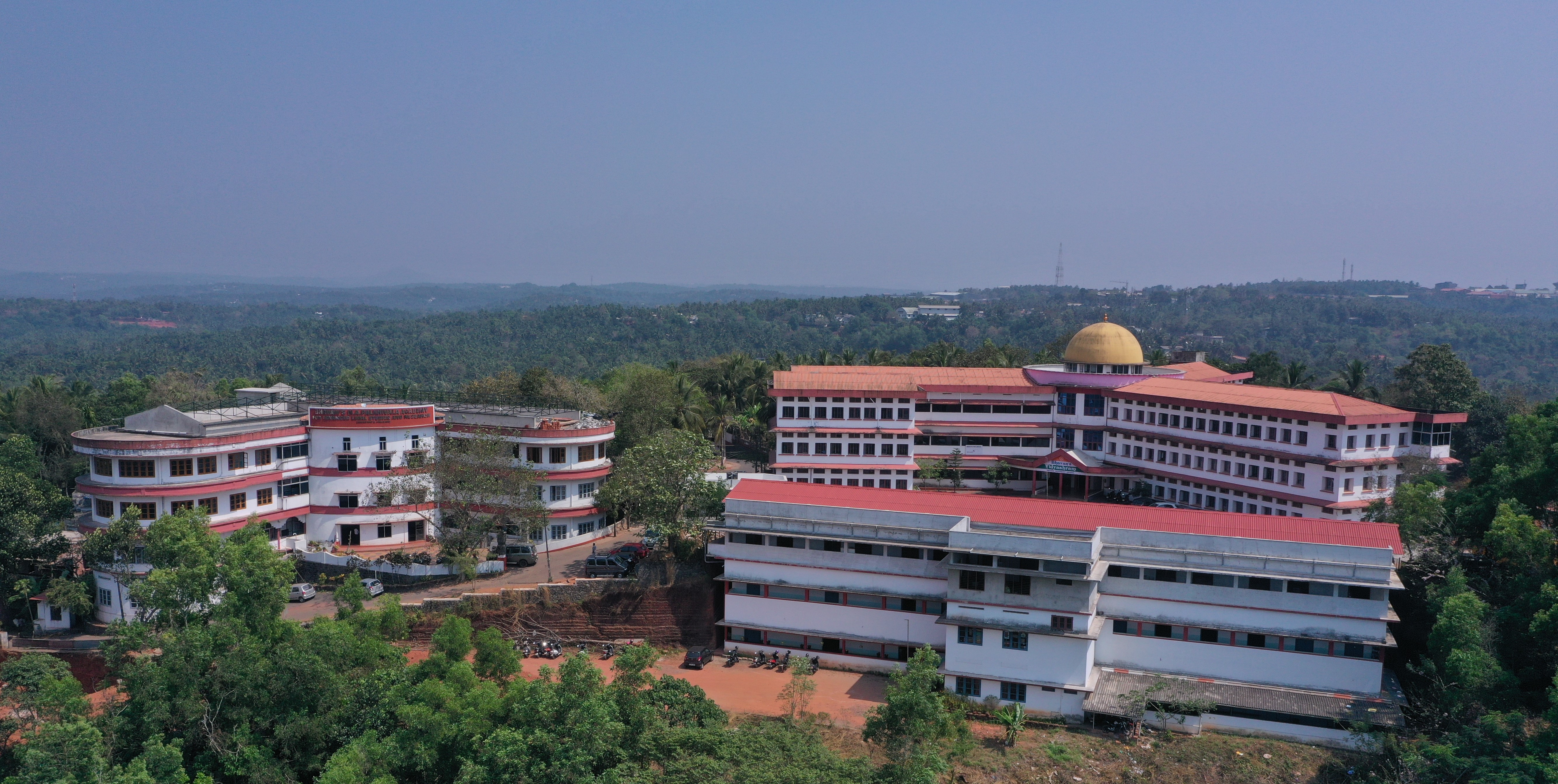- bhavans.ramanattukara.673633@gmail.com
- Call us: 0495-2443222
Whatsapp No:+91-7510119333

Founded on November 7, 1938, on the auspicious Kartik Sud Purnima, Samvat 1995, nearly a decade before the advent of Independence, with the blessings of Mahatma Gandhi and co-operation and support of several distinguished stalwarts of India's freedom movement, the Bharatiya Vidya Bhavan has grown, from small beginnings, into a comprehensive all-India intellectual, cultural and educational movement. It is totally apolitical.
Its founder, Kulapati Dr. K.M. Munshi, looked upon the Bhavan as an 'Adventure in Faith', a faith in India's past, present and future. It is also a faith in India's people who have a rich and unbroken cultural heritage. True to its goal of revitalising Dharma or the Moral Law in its three-fold aspects of Truth, Love and Beauty - Satyam, Shivam, Sundaram - the Bhavan is ceaselessly striving to carry forward India's ageless message of Faith, Self-discipline and Dedication - Shraddha, Samyama and Samarpana. The Bhavan believes that there are elements in all cultures which transcend all barriers and knits people together. Its ideal is: Vasudhaiva Kutumbakam: "The World Is One Family." Its motto is Aa no bhadraah kratavo yantu vishwatah: "Let noble thoughts come to us from every side."
During the last six decades and more of its existence, the Bhavan has blossomed into an ever-growing, voluntary, apolitical national movement with an international outlook, devoted to life, literature and culture. Bhavan's programmes cover "all aspects of life from the cradle to the grave and beyond….it fills a growing vacuum in modern life" as Pandit Jawaharlal Nehru observed when he first visited the Bhavan in 1950.

“Let me put together the fundamental attitudes which everyone connected with the Bhavan should develop for Bhavan’s consolidation and sustained growth"